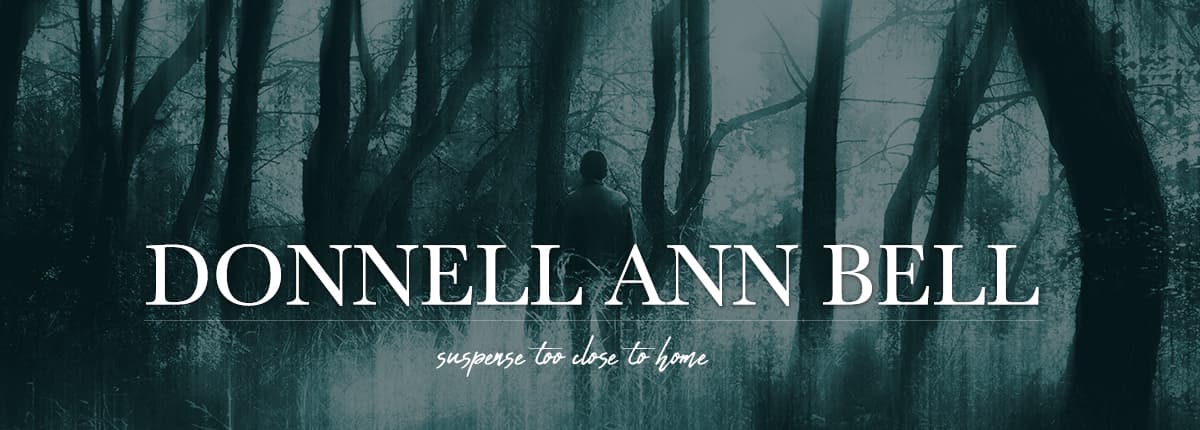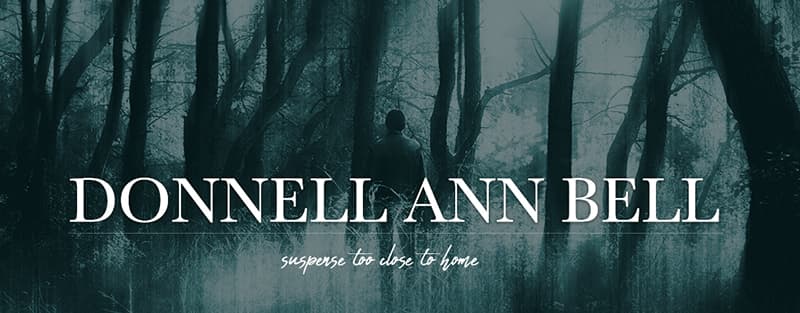Welcome to Help From My Friends Friday. My guest today is Author Scott Gordon. The reviews are in about his soon to be released novel Head Fake and they’re stunningly good. ~ Donnell
What Fiction Writers Can Learn from Basketball
By: Scott Gordon

Author Scott Gordon
Have you ever thought about how much fiction writing and basketball have in common? No? Of course not. I mean, really, who thinks about that kind of stuff? Well, me. My novel Head Fake, which launches on July 15th, is a tale of high schoolers and their coach creating a basketball team that may save them in ways therapy and medication can’t.
Head Fake is a literary novel with basketball as a backdrop. Why on earth would I choose b-ball as a backdrop to a literary novel? I spent years working as a Youth Advocate for high-risk kids with mental illness, and I wanted to write a novel based on my experience. These kids had been arrested, kicked out of their homes, kids nobody wanted—the worst sort of underdogs. A big hoops fan, I love it when on those rare occasions the worst team beats the best. If I put my story in the world of basketball, I could have my high-risk kids play the regular schools, which would allow me to explore my characters’ difficult lives and to keep a quick pace to my story. I had an underdog story nobody had ever told before.
Of course, my story was about so much more than basketball, but still, I needed to study the game. Although a hoops fan, I was not an expert. So, I took to watching high school games, college, and the pros. I studied the ebb and flow, the turns, the mediocre player who rises to the level of hero at the final buzzer. The more I watched the more excited I became. The arc of a game, a season even, had so many similarities to a great story. That’s when I realized there are some lessons us writers can glean from the courts.
 Take the narrative arc. Each basketball game, from the tip-off to the final buzzer, has a build-up, climax, and resolution. Within that framework, each great game has its own rhythm – its own surprises, tension, plot turns, and flow. As writers, we need to structure our stories with the same kind of flow, building tension and surprises to keep readers hooked until the end.
Take the narrative arc. Each basketball game, from the tip-off to the final buzzer, has a build-up, climax, and resolution. Within that framework, each great game has its own rhythm – its own surprises, tension, plot turns, and flow. As writers, we need to structure our stories with the same kind of flow, building tension and surprises to keep readers hooked until the end.
Characters are another biggie. Basketball is full of fascinating personalities. Look at Caitlin Clark’s rise in the WNBA. Her successes and struggles, and how she navigates them keep us hooked. Her competitors throw her shade, along with elbows and fragrant fouls, saying she doesn’t have what it takes, while she consistently takes the highroad. She is one of the best players in the league in only her rookie season, causing young girls to travel halfway across the world just to watch her play. That is the kind of excitement you find in the best novels. In our writing, we need to create characters who are just as engaging, with clear motivations, strengths, and flaws.
No great story is without conflict, and no great game is without competition. The epic showdowns between the Golden State Warriors and the Cleveland Cavaliers in the NBA Finals gave us unforgettable moments. As writers, we should embrace conflict in our narratives, whether it’s internal struggles, interpersonal drama, or external challenges. Conflict drives the story and keeps readers engaged, giving them moments they can’t help but talk about, hopefully with other potential readers.
Strategic planning is crucial in both basketball and storytelling. Coaches like Steve Kerr meticulously plan their plays, study their  opponents, and adapt strategies as the game progresses. Writers need to do the same. Outline your plot, know your characters inside out, so that you are ready to adjust your story as new ideas emerge. A well-planned narrative, like a well-executed game plan, allows us as writers to adapt when lightning strikes in the form of a great idea.
opponents, and adapt strategies as the game progresses. Writers need to do the same. Outline your plot, know your characters inside out, so that you are ready to adjust your story as new ideas emerge. A well-planned narrative, like a well-executed game plan, allows us as writers to adapt when lightning strikes in the form of a great idea.
Basketball has a unique way of pulling at our heartstrings. Remember Michael Jordan’s legendary “Flu Game” in the 1997 NBA Finals? The sheer determination and grit he displayed, playing through illness to lead his team to victory, evoked such strong emotion that fans still refer to it years later. As writers, we should aim to evoke strong emotions in our readers. Make them laugh, cry, cheer, and gasp. Create moments that stick with them long after they’ve finished your book.
Great stories explore universal themes, and basketball is no different. Giannis Antetokounmpo’s journey from selling trinkets in Greece to becoming an NBA MVP is all about perseverance and hard work. When writing, think about the themes you want to explore. Whether it’s resilience, teamwork, or overcoming adversity, weaving these themes into your narrative can give your story depth and resonance.
Lastly, both basketball and storytelling are about engaging the audience. The energy of a live crowd can change the course of a game, just like putting yourself in the mind of a reader can influence a story. Remember Damian Lillard’s buzzer-beater against the Oklahoma City Thunder in 2019? The crowd went wild, and the moment became iconic. As writers, we need to connect with our readers, draw them into our world, and keep them invested in our characters and plot.
So, next time you’re watching a basketball game, think about what you can learn from the action on the court. From mastering the narrative arc to evoking emotion and engaging your audience, there’s a lot that fiction writers can take away from hoops.
Using the pace of a dynamic basketball season, I was able to explore kids experiencing the worst sort of mental illness, while keeping my novel moving quickly, causing Rodney Barnes, the Writer and Producer of HBO’s Winning Time: Rise of the Lakers Dynasty and the Boondocks, to say: “Scott’s ability to merge character development without slowing plot is simply amazing.”
 About Head Fake:
About Head Fake:
“Head Fake is about how laughter can save us.” —Chris Rock, comedian, actor
An absorbing, uplifting tale of finding light and self-worth in adversity’s darkest depths.” —Kirkus Reviews (starred review)
Head Fake (now available for preorder Amazon.com: Head Fake eBook : Gordon, Scott: Kindle Store
Mikey makes everything a joke, even the clinical depression he’s struggled with for years. After a run of failed jobs, he becomes the unlikely basketball coach at a high school for high-risk offenders who are experiencing mental illness. The position becomes suddenly available after the team tried to strangle their last coach.
Every instinct tells Mikey to get as far away from this school as possible. Coaching these kids, who have been arrested for who-knows-what, would be difficult for a normie. For Mikey, it could cause another breakdown and force him right back to living on the street. But he knows that if he has any chance to make his twenty-sixth birthday, he needs to keep this job, even if the school board wants him fired, and the students would rather fight each other than play ball.
This poignant, hilarious, and sometimes uncomfortable novel proves that even the most damaged of us can emerge victorious.
About the Author:
Scott Gordon’s fiction has appeared in the Green Hills Literary Lantern (GHLL), Modern Times Magazine, Pennsylvania Literary Journal, The Satirist, and Mobius Magazine. In addition to writing fiction, he has written and directed films and television series, including A History of Black Achievement in America, Great American Authors, and more. Scott spent years working as a Youth Advocate for juvenile offenders with mental illness. Head Fake is inspired by the strength and courage of the kids he worked with. Originally from New Jersey, Scott lives in Los Angeles with his wife, Samantha, and their two rescue pups, Mel Brooks and Khaleesi Bee.











I had the privilege of reading an early copy. Even though I don’t know anything about basketball, I laughed and cried with Mikey and his team. Scott has created characters you won’t soon forget.
Brooke, I do know basketball 😉 I also have experience as victims advocate. I have pre-ordered Scott’s book. Cannot wait to read. Thanks for weighing in.
Donnell
Thank you, Donnell, can’t wait to hear what you think.
Thank you, Brooke!
What a great analogy! Good luck with your book.
Thank you, Lois! I appreciate that. Especially from a Jersey Girl:)
Lois, did you notice where this author is from? You have so much in common, Jersey girl!
Scott, Thanks for sharing a terrific connection between basketball and writing fiction. And thanks for your work with kids who’ve been kicked to the curb. I need to read Head Fake, and so I will.
Bailey Herrington a.k.a. Skip
Thank you, Skip! I’m glad you liked the connection, and please let me know what you think of Head Fake. Scott